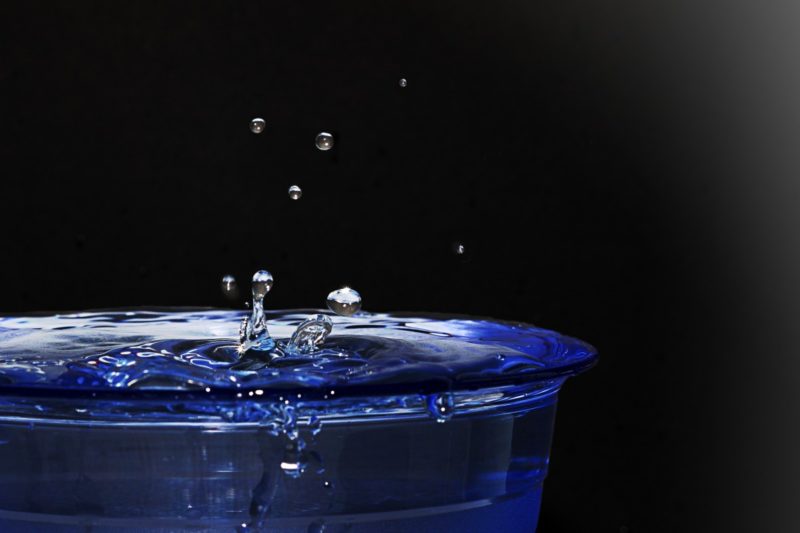Have you ever faced the leaking of your water heater and want to know why is my water heater leaking? No worries, you have arrived at the right place—the old water tank heaters over 15 years of age are leaking more frequently than modern ones.
Even as a unit becomes older, the components wear down, and the water loses its temperature and more common leakage. The high pressure is also becoming a cause of your water heater leaking, and heaters deal with water flow. In heaters, pressure is generated when hot water creates vapor, which occupies the blank void. This pressure increases whenever the heat has nowhere else to go.
To alleviate part of the strain, water escapes over any cracks in the heaters. A heater increases pressure whenever the temperature of the water is exceeded or when water infiltrates the system at high levels. Continue to reading to learn more!
Why My Water Heater Leaking?
Whenever you notice that the heater is malfunctioning or leaking, you must act quickly. A leaky heater may appear a minor annoyance, but it can soon escalate into a significant issue. The standard heater seems to have a 40-gallon tank, which is immediately refilled with ice water anytime moisture evaporates the tank due to drawing or leakage. The space around your reservoir may overflow as the pool continually replenishes due to the water heater leakage.
Water seeping through your water heater may harm your flooring and walls, especially if it is just a tiny quantity. A massive flood might result in large restoration expenditures and personal property loss. Heater spills can be hazardous to one’s wellbeing since they can lead to mold growth. The below-mentioned steps might help you find the reasons behind the leakage, and you will know why is my water heater leaking.
#1. The old water tank
Water tank heaters more than ten years old leak more frequently than modern ones. Even as the unit becomes older, the components grind down, the water loses its temperature and spills become more common. Heater leaks can occur due to corrosion in the tank as it matures. Oxidation occurs as a result, allowing water to escape via fractures. Only one option when a heater approaches the end of its lifespan is to upgrade it.
#2. Faulty drain faucet
Professionals and consumers utilize the drain faucet to drain the tank during service appointments and repairs. ThiHouseholders also use this drain faucet to wash the reservoir. With time, the valve lightens, allowing the water to pour throughout. Leakage from the valve’s foundation, on the other hand, shows that the part isn’t waterproof. A replacement drain faucet is required in this scenario. Fortunately, householders can accomplish this upgrade independently, although it’s a good idea to consult a technician first. Find out how to drain a hot water heater.
#3. High pressure in water heater
TheLikeery other piping appliances, cop the water Heaters e with standard existing water pressure. In heating systems, pressure is created when hot water generates vapor, which occupies the vacant space. This pressure builds up when the heat has nowhere else to go. To alleviate part of the strain, liquid escapes over any cracks in the heaters. The heating increases pressure whenever the temperature of the water is set very high or even when water enters the operate at high pressures.
#4. The faulty pressure relief valve
This pressure and temperature vent often referred to as the TP nozzle, is another cause of water heater leakage. This valve aids in the relief of pressure within the reservoir. Whenever this valve fails, the temperature within the tank rises. Quite often, the faucet is only slack and has to be tightened. If indeed the component is defective, however, it must be replaced. When you cope with T&P valves difficulties, decrease the water level in the tank.
#5. Inlet and outlet connectors
Fasting water enters the input connector in a heater while hot exits through the outlet connector. Hot water can reach your water faucets through these hookups. They weaken with age, causing leakage. Any other problem with both the inlet and output connector is quite unusual.
#6. Inside tank
To perform its activities, tanks water heaters require two casings. The outer cover insulates the inside casing that stores the water. All containers are covered with a finishing coat of steel. Heater leakage in the inside case is hard to detect, although they typically appear due to old age and corrosion. This sort of leakage is not visible from the exterior of the reservoir.
#7. Storage tank with a crack
An extra reservoir is included with sure heaters to increase the volume of water they can store. Glass is occasionally used to cover such tanks. Particles gather & crystallize on the pane overage. As a result, the glass cracks, and water leaks out. Furthermore, as the water is heated, it swells, putting a strain on the glassware and causing microscopic cracks. In both circumstances, upgrades are required.
It’s A Wrap!
We are delighted to know that you have learned everything about the leakage of your water heater, and you are now able to understand why is my water heater leaking? All the fundamental reasons are mentioned above; if you feel any reason matches your water heater leaking, troubleshoot it. Thank you, friends, for sticking with us!
Don’t hesitate to know these things too; read about how to get sediment out of water heater and when to replace water heater.

